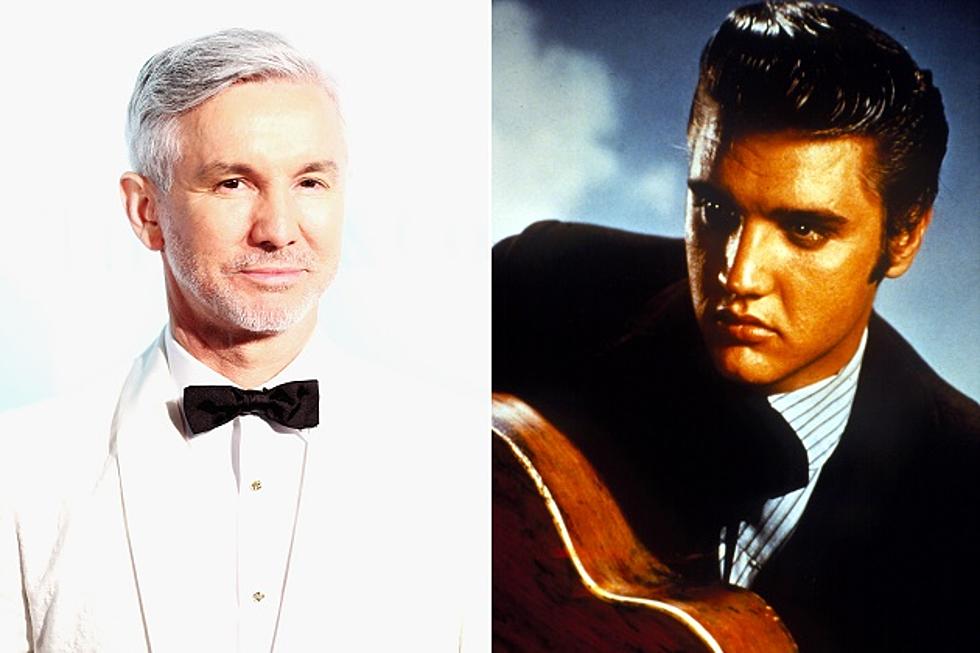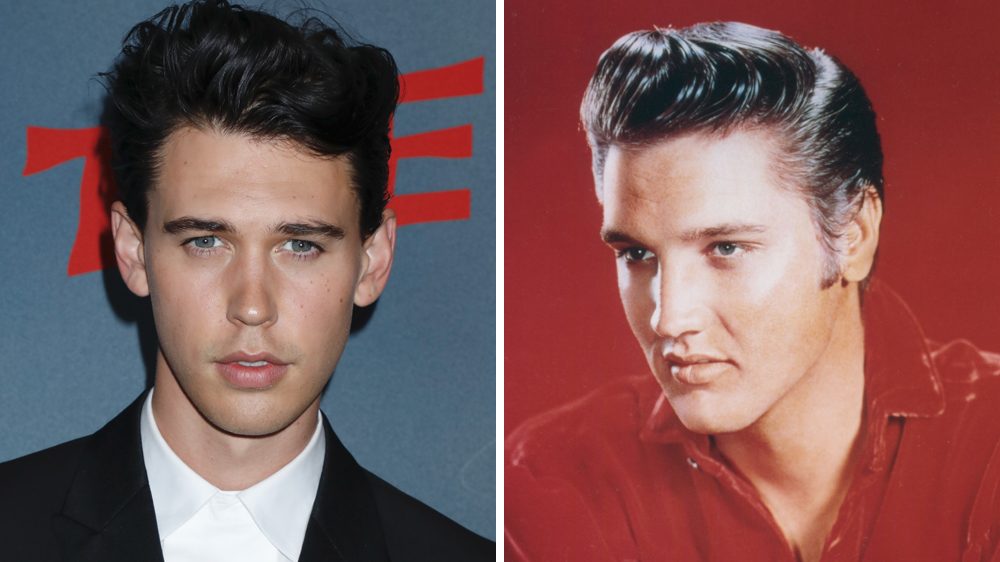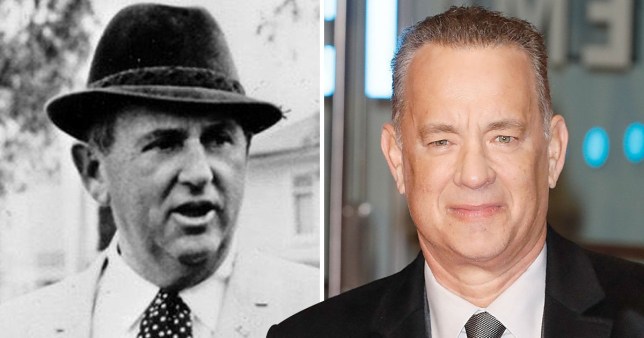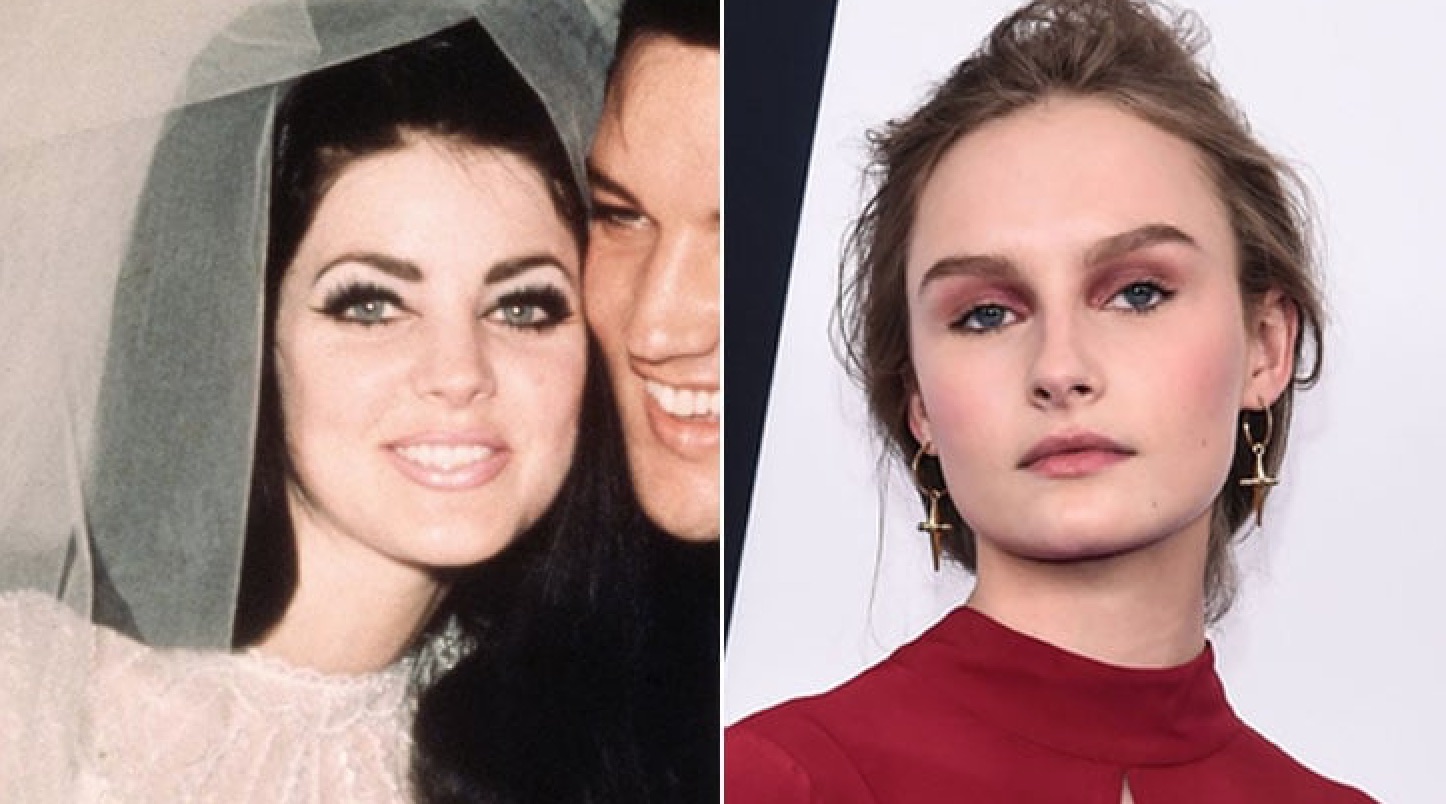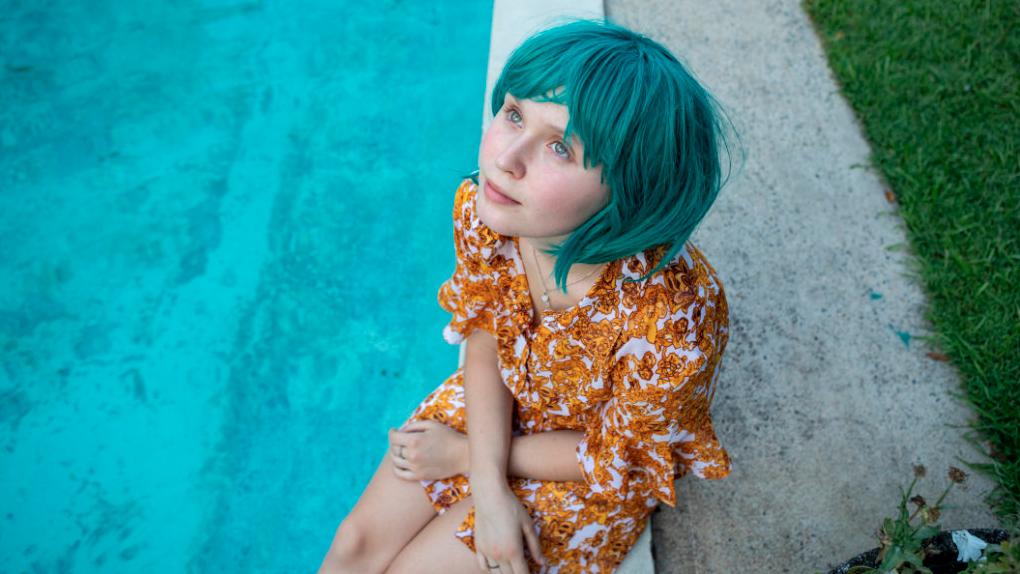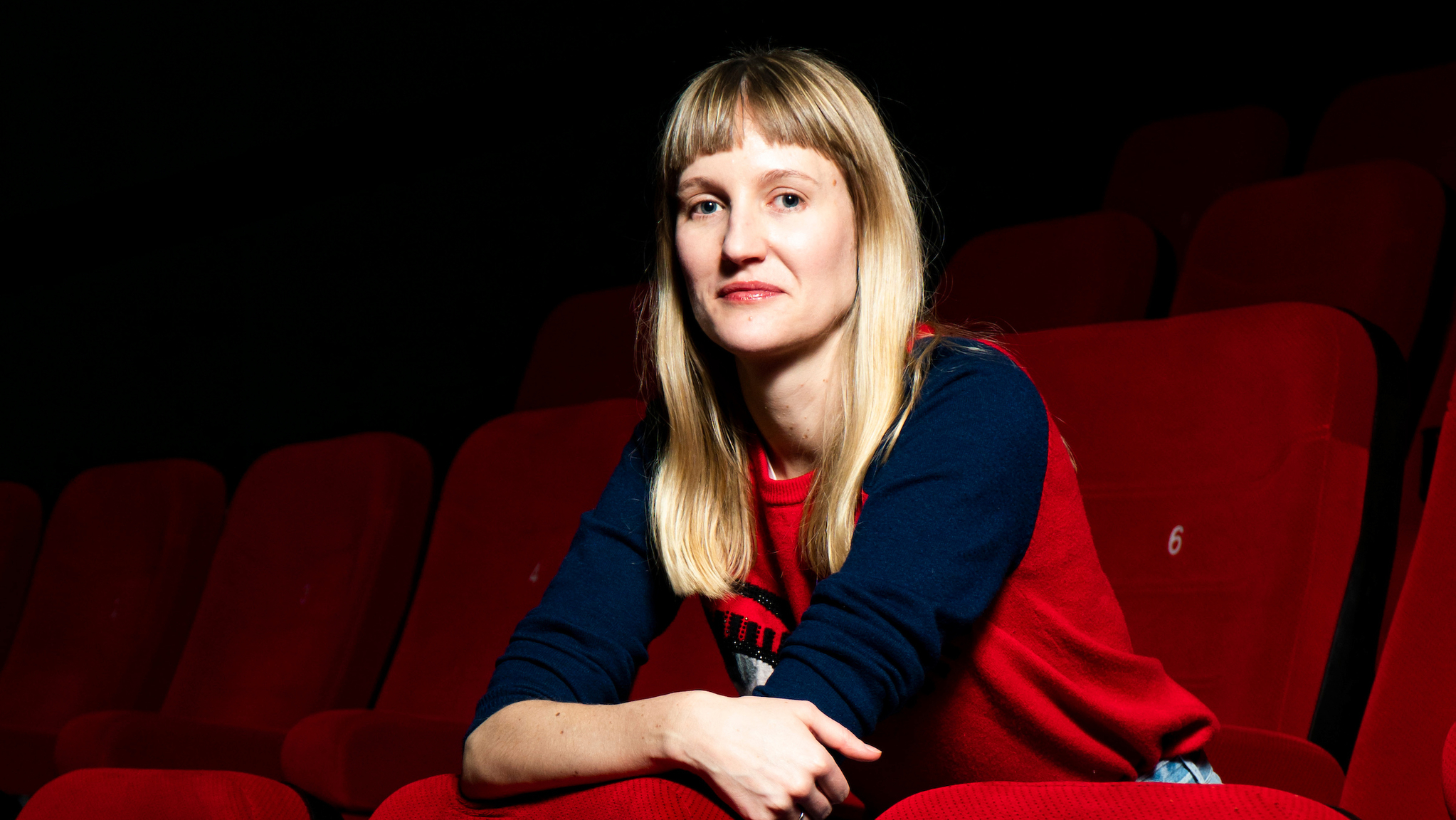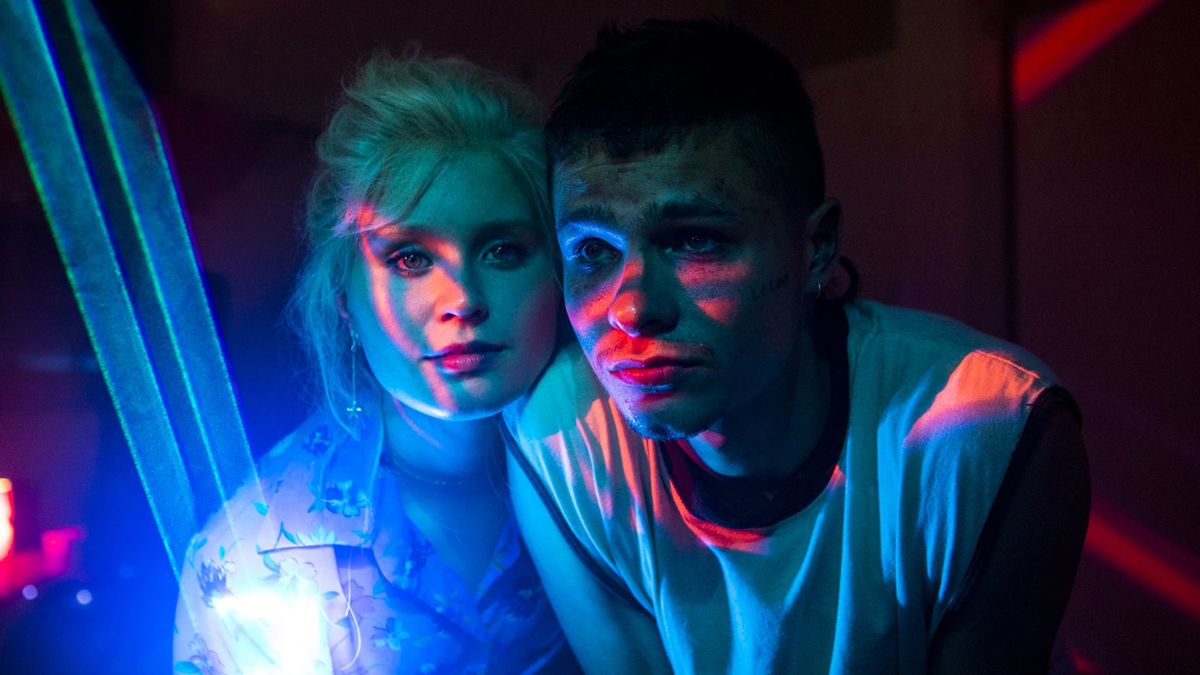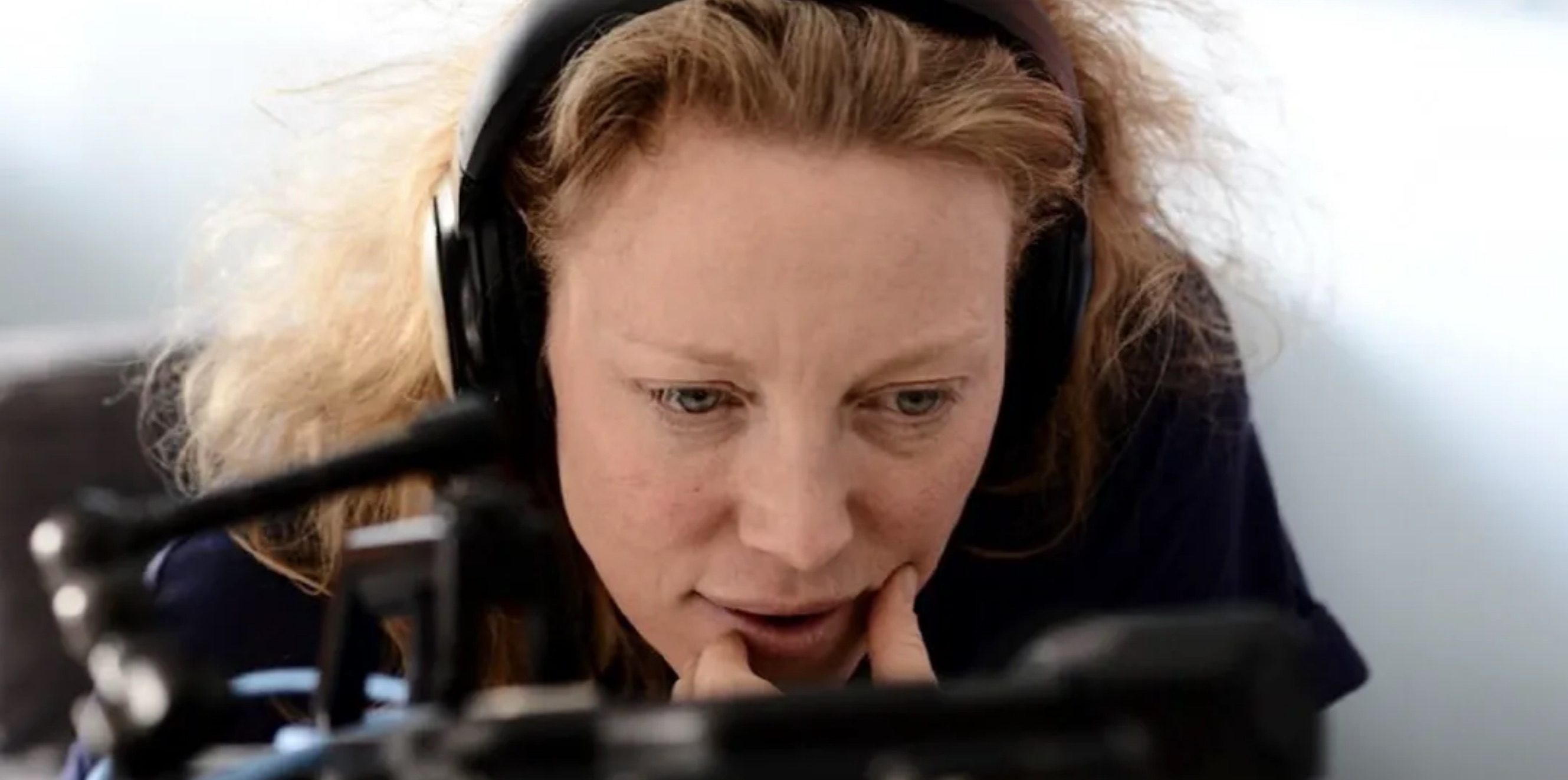WARNERMEDIA AND ROADSHOW FILMS SPLIT IN DISTRIB SECTOR SHAKE-UP
 Tuesday, September 22, 2020 at 7:46AM
Tuesday, September 22, 2020 at 7:46AM
Once considered one of the sturdiest partnerships in global film distribution, WarnerMedia and Roadshow Films will cut ties at the end of 2020 after four decades. Australian parent company Village Roadshow Ltd (VRL) announced to the ASX on Monday that December 31 would be the final day of their co-dependent arrangement, with Denis Villeneuve’s sci-fi epic Dune (December 17) and Patty Jenkins blockbuster DCU sequel Wonder Woman 1984 (December 26) representing their final films together.
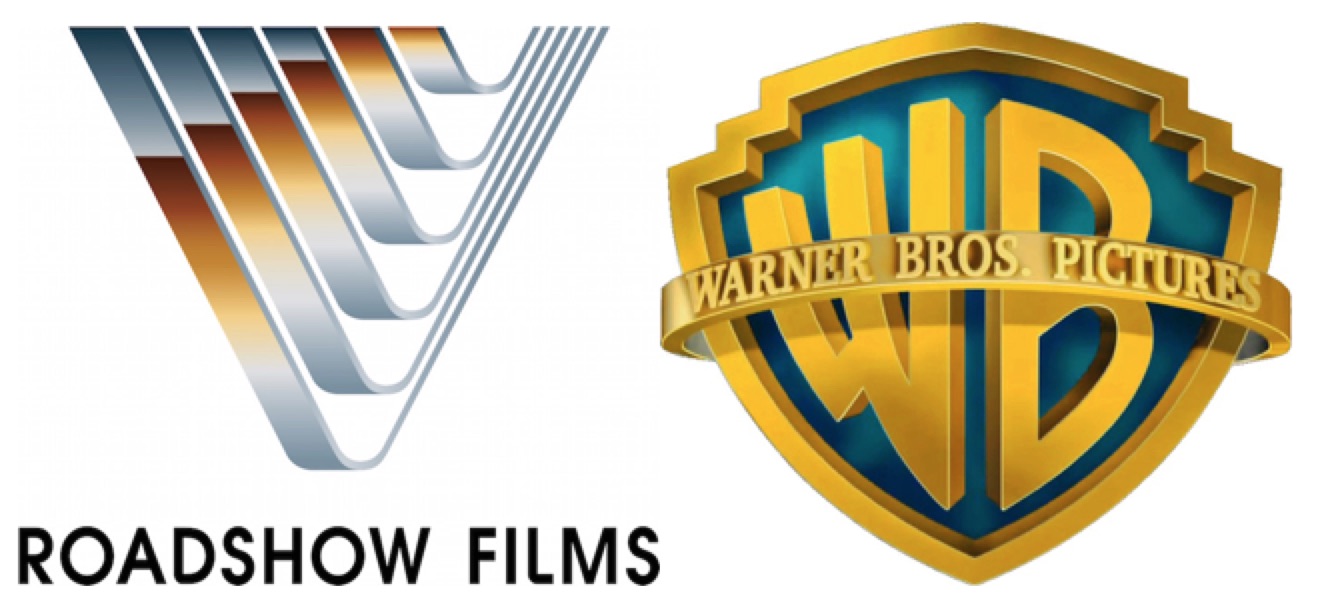
Long held and cherished relationships at the boardroom level have dissolved in recent times. In August, an overhaul at WarnerMedia by corporate owner AT&T saw several top executives ousted, including a crucial ally in Ron Sanders, President of Worldwide Theatrical Distribution and Home Entertainment. No indication was given as to whether VRL would still rep Warner titles on the home video front, although that contract also expires in December.
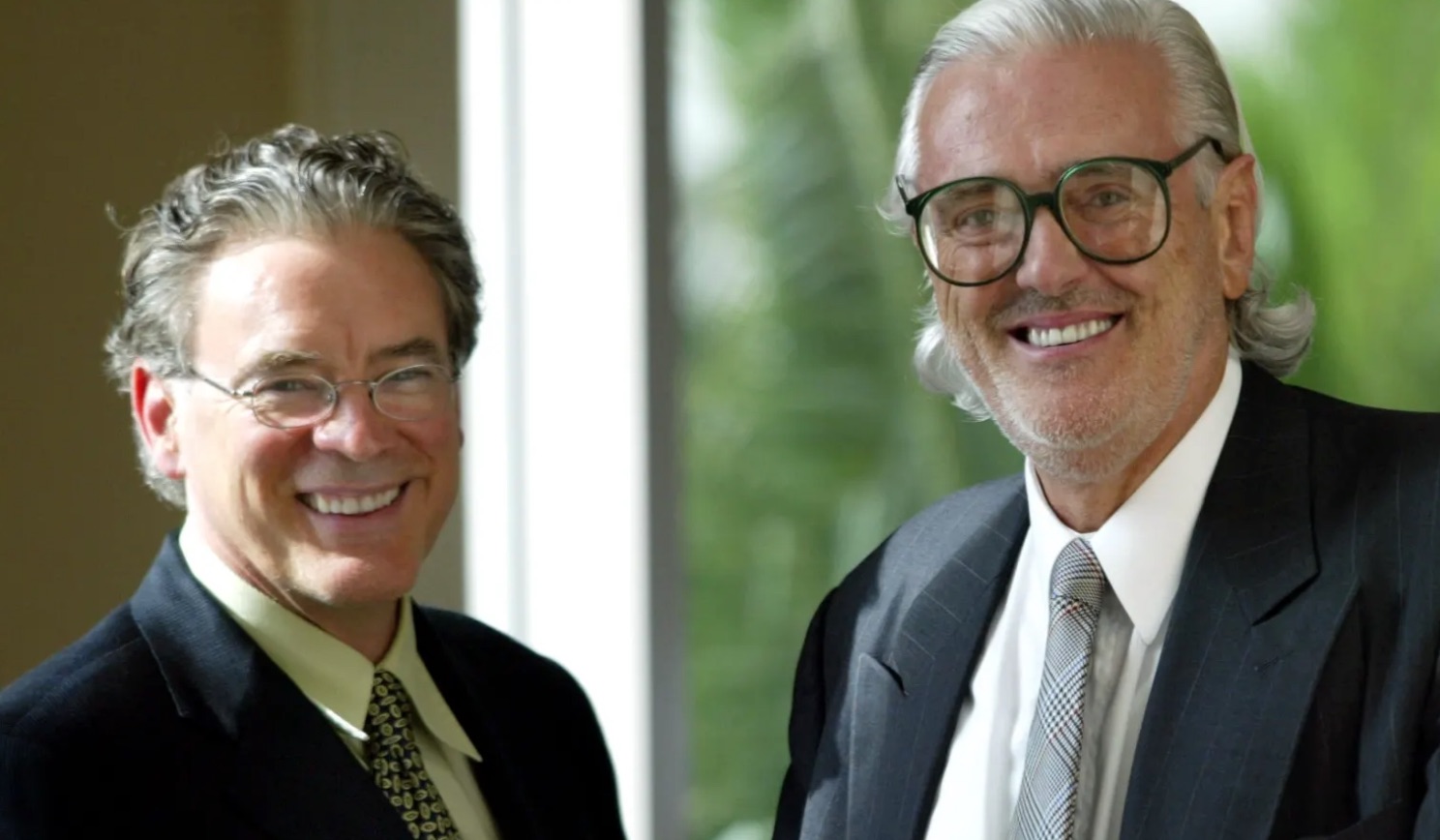 Founded as a drive-in theatre venture in 1954 by Roc Kirby, whose car-friendly venues became known as ‘villages’, Roadshow expanded into traditional cinema sites (or ‘hardtops’) throughout the 1960s. Kirby’s sons Robert and John entered the family business and, with young execs like Graham Burke (pictured, right; with Robert Kirby, left)promoted through the ranks, Roadshow expanded into the distribution sector, launching a specialised division in 1967. By 1971, Roadshow were so dominant in the Australian market they were able to forge their first partnership with Warner Bros.
Founded as a drive-in theatre venture in 1954 by Roc Kirby, whose car-friendly venues became known as ‘villages’, Roadshow expanded into traditional cinema sites (or ‘hardtops’) throughout the 1960s. Kirby’s sons Robert and John entered the family business and, with young execs like Graham Burke (pictured, right; with Robert Kirby, left)promoted through the ranks, Roadshow expanded into the distribution sector, launching a specialised division in 1967. By 1971, Roadshow were so dominant in the Australian market they were able to forge their first partnership with Warner Bros.
In the wake of the acquisition of De Laurentis Entertainment, the entity Village Roadshow was formed in 1989, a show of strength that further solidified ties with Warner Bros. Their first release together was the Kylie Minogue vehicle, The Delinquents (1989), followed by such blockbuster successes as Analyze This, The Matrix and Deep Blue Sea (all 1999); Miss Congeniality (2000); Ocean’s Eleven (2001); Happy Feet (2006); Sherlock Holmes (2009); The Great Gatsby (2013); The Lego Movie (2014); Mad Max Fury Road (2015) and Joker (2019).
While embodying the ‘business’ side of showbusiness, the union also found critical favour with David O. Russell’s Three Kings (1999), a National Board of Review honouree, and provided Denzel Washington with his lead actor Oscar in Antoine Fuqua’s Training Day (2001). The partnership forged a strong bond with writer/director Clint Eastwood and his Malpaso Productions, leading to a stake in such prestige pics as Space Cowboys (2000), Mystic River (2003), Gran Torino (2008), American Sniper (2014), Sully (2016) and The 15:17 to Paris (2018).
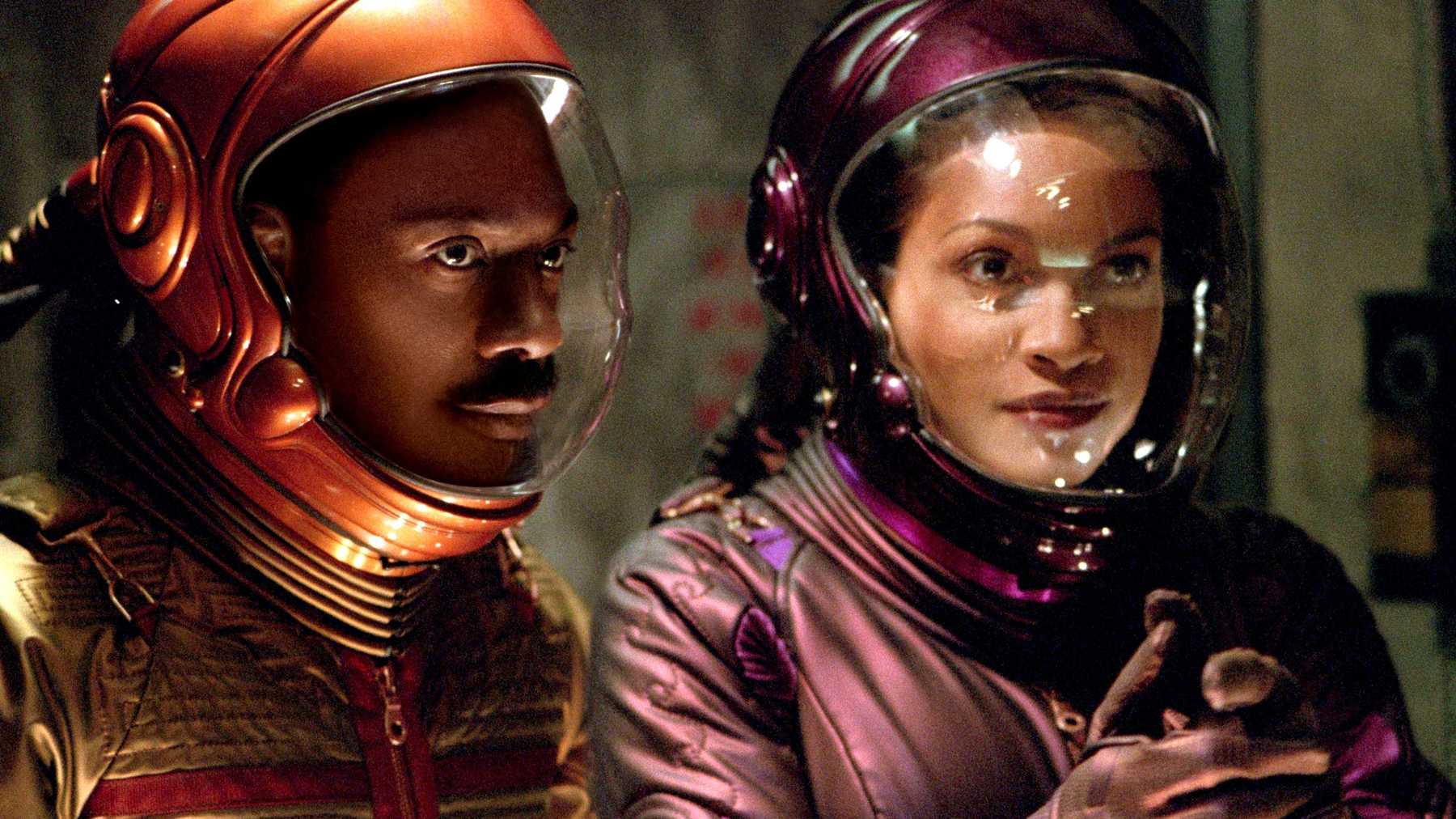 The Village Roadshow / Warner Bros partnership weathered some expensive underperformers as well, including Red Planet (2000); The Majestic (2001); The Adventures of Pluto Nash (2002; pictured, right); Showtime (2002); Dreamcatcher (2003); Catwoman (2004); The Invasion (2007); Speed Racer (2008); Gangster Squad (2013); Jupiter Ascending (2015); Winter’s Tale (2014); and, In the Heart of the Sea (2015).
The Village Roadshow / Warner Bros partnership weathered some expensive underperformers as well, including Red Planet (2000); The Majestic (2001); The Adventures of Pluto Nash (2002; pictured, right); Showtime (2002); Dreamcatcher (2003); Catwoman (2004); The Invasion (2007); Speed Racer (2008); Gangster Squad (2013); Jupiter Ascending (2015); Winter’s Tale (2014); and, In the Heart of the Sea (2015).
In announcing the split, Roadshow CEO Joel Pearlman said, “It has been an honour to release so many incredible Warner Bros. titles over the years and we are proud of the work that we have achieved together.” It was made clear in the ASX filing that the license deal between VRL and Warner Bros. in the theme parks business remains intact and that the $468million sale of VRL to funds managed by BGH Capital would be unaffected.
VRL will continue to seek productions for their Village Roadshow Studios at Gold Coast in Queensland, currently home to Baz Luhrmann’s Elvis and rumoured to be pitching for Taika Waititi’s Thor sequel. It also owns 31% of the New York-based sales and production company FilmNation.
It is understood that the Australian division of Universal Pictures will take control of Warner titles from early 2021.
 Australian,
Australian,  Distribution,
Distribution,  In Production
In Production 